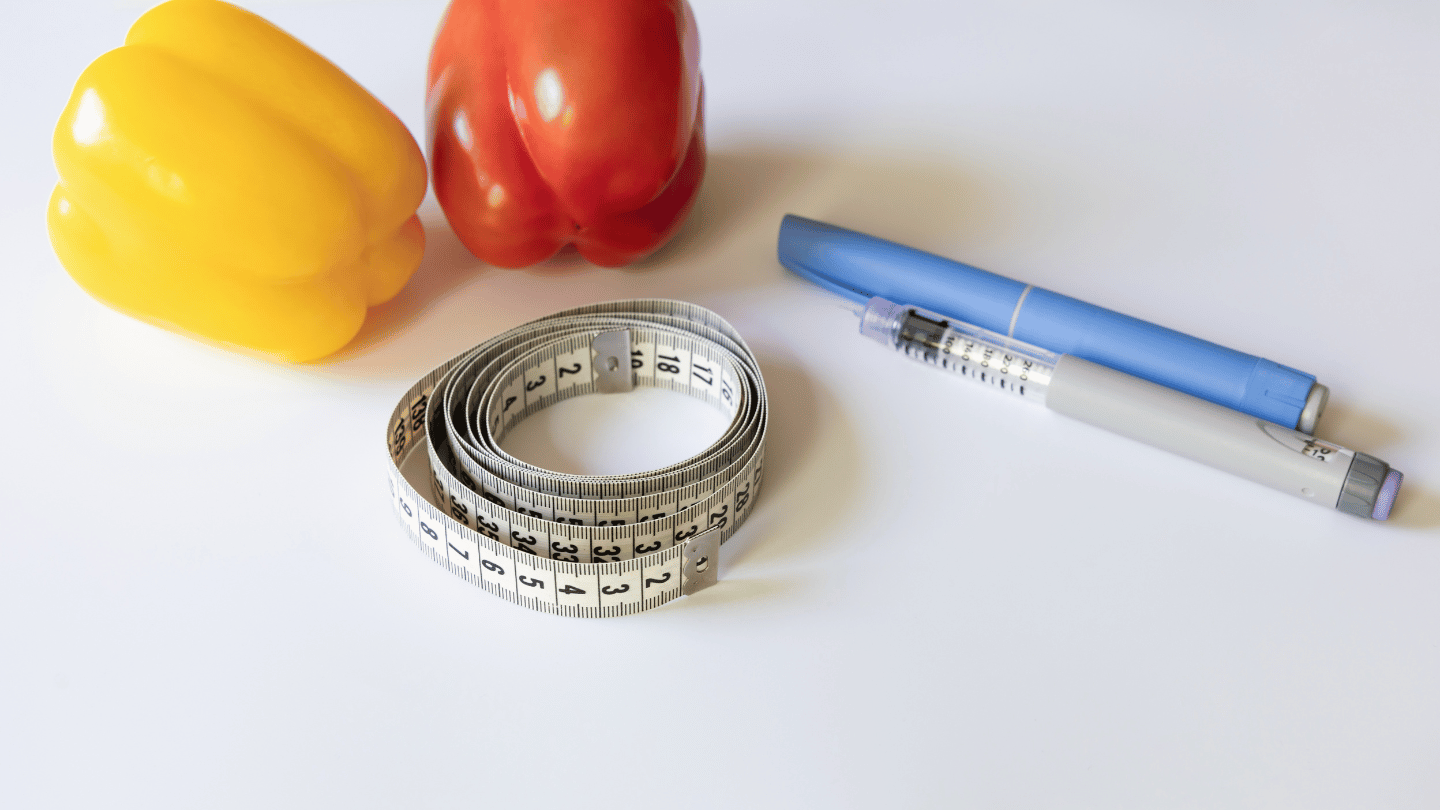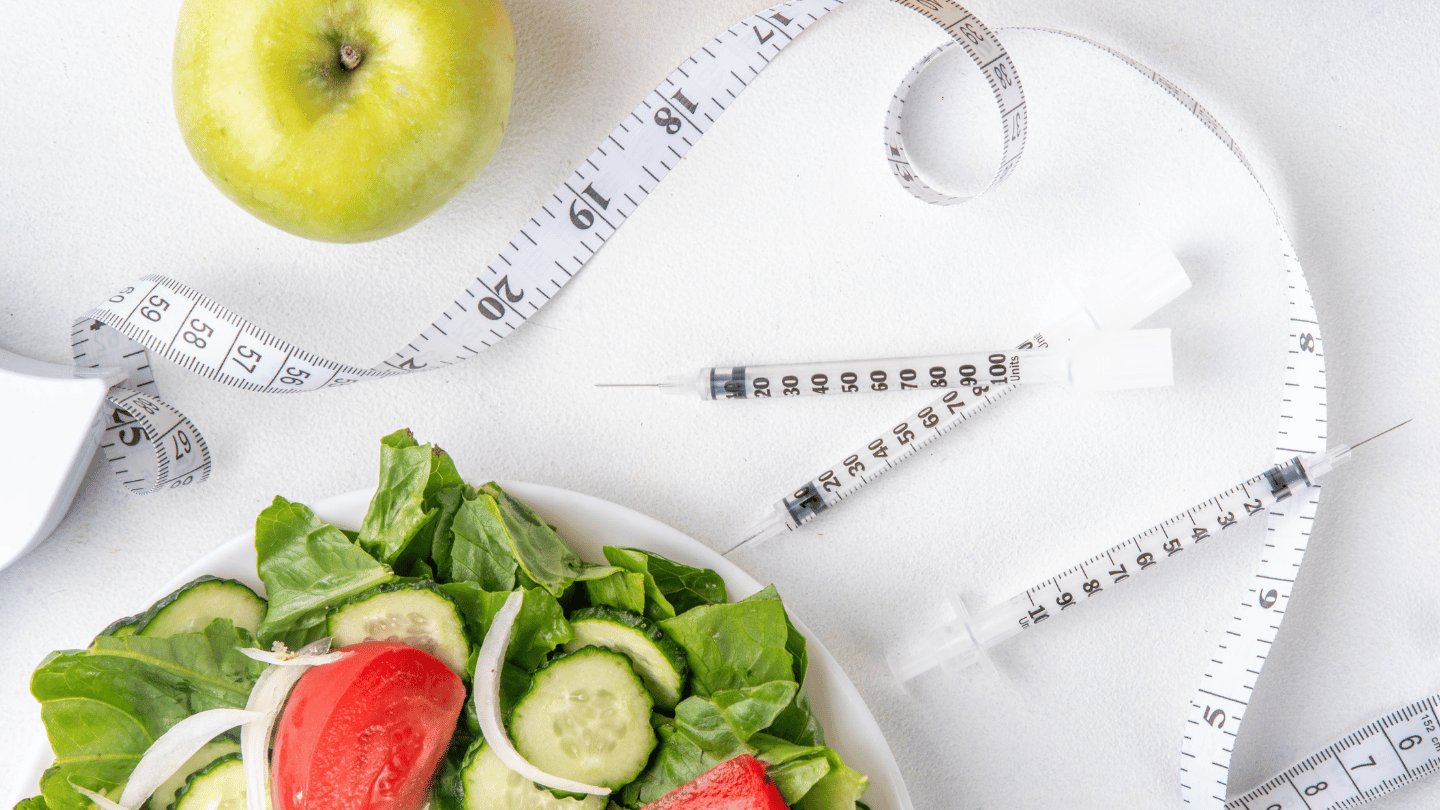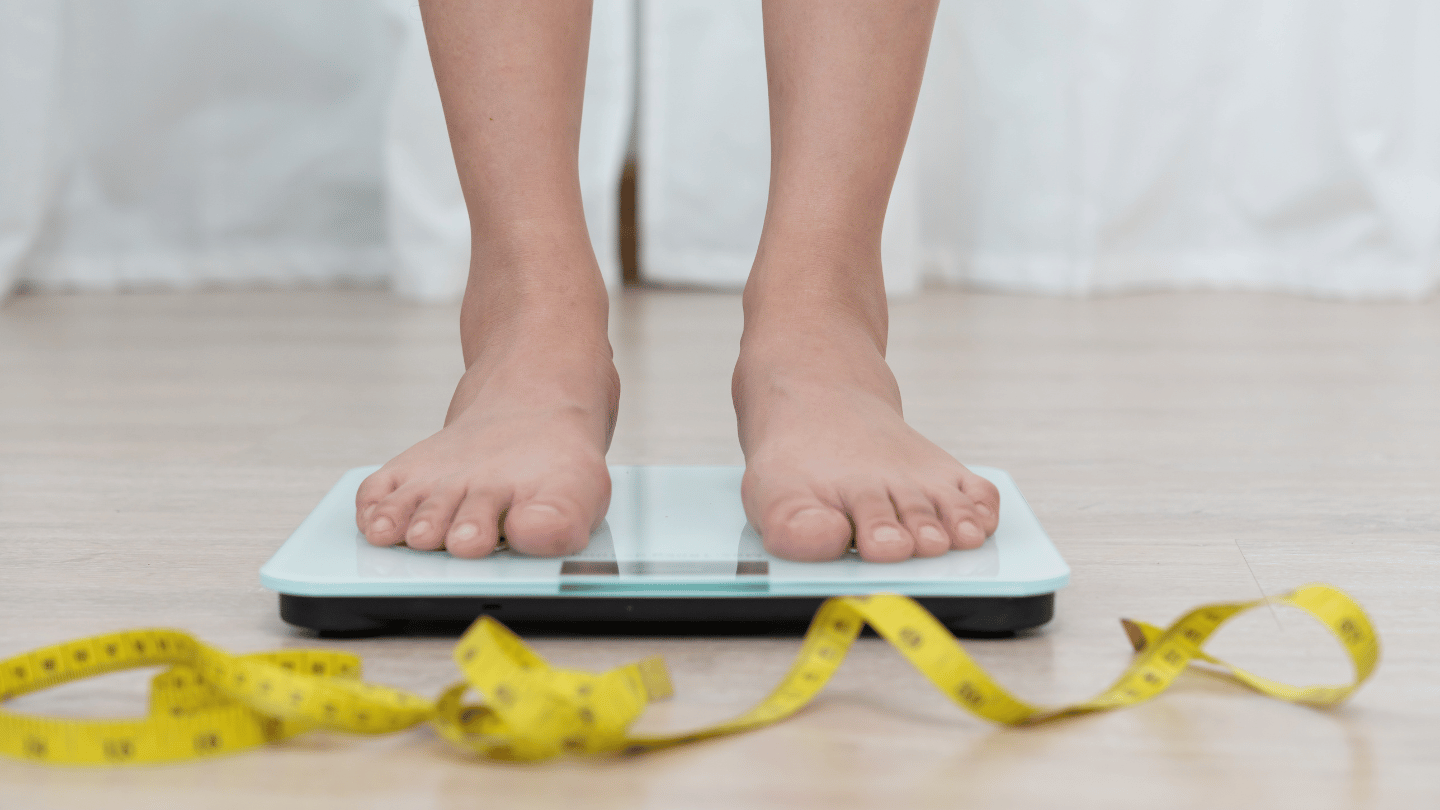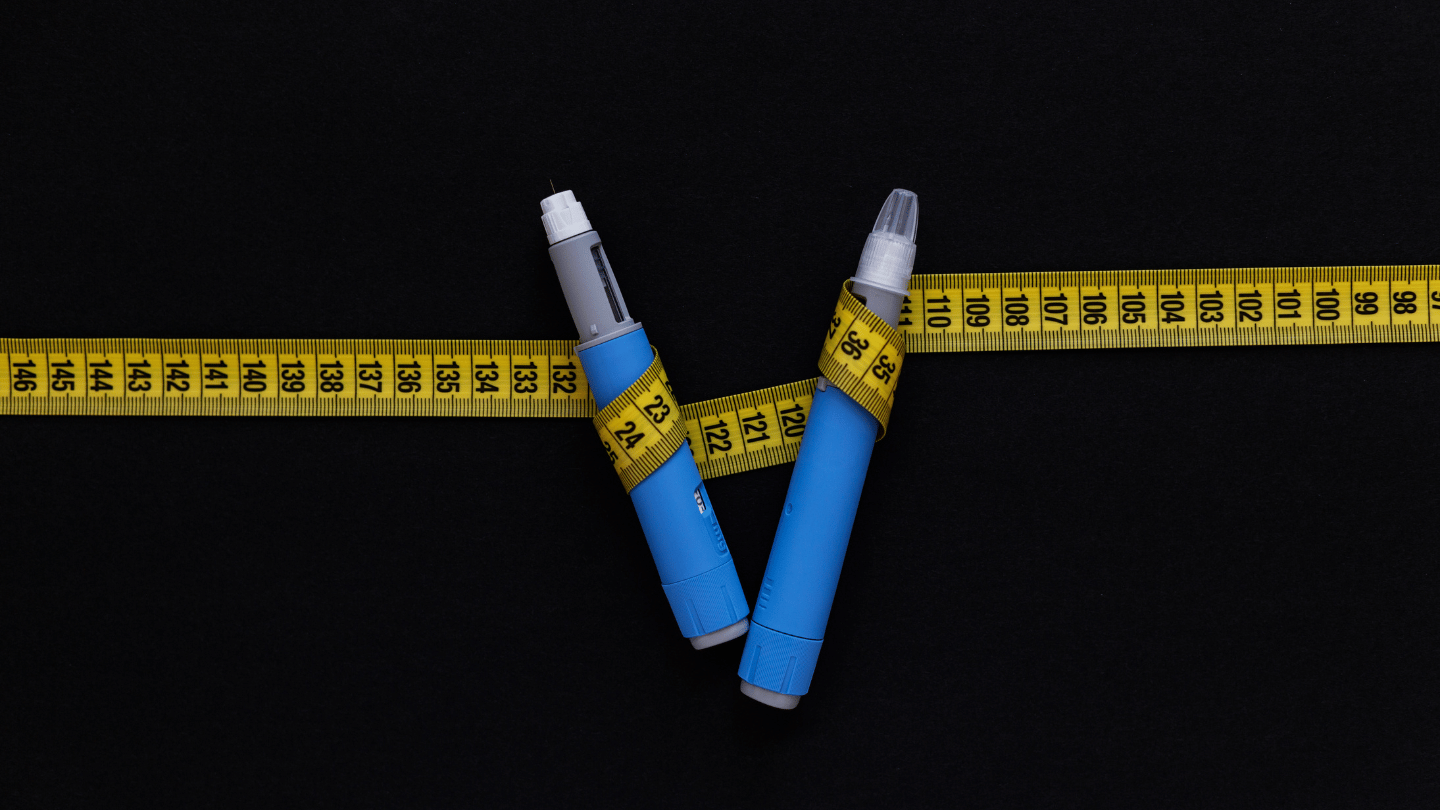You started Ozempic with high hopes, ready to finally achieve your weight loss goals. But now, as you step on the scale, you’re left wondering, “Why am I not losing weight on Ozempic?” It’s a question many face, and the answer isn’t always straightforward. While Ozempic is a powerful tool for weight management, there can be various factors at play that might be hindering your progress.
This guide will delve into the potential reasons behind the stall in your weight loss journey and offer actionable solutions to help you confidently move forward.
1. Is Your Ozempic Dose High Enough for Weight Loss?
One reason for slower weight loss could be related to your dosage. You typically start Ozempic at a low dose (0.25 mg per week) to minimize side effects, but this dose is not high enough to produce significant weight loss. It’s mainly used to help your body get used to the medication. After four weeks, your doctor should increase the dose to 0.5 mg and potentially up to 1 mg or 2 mg if needed. If your dose hasn’t been adjusted, it might explain why you’re not losing weight as expected.
Solution: Talk to your healthcare provider about increasing your dose for more effective weight loss.
2. Are You Following a Healthy Diet with Ozempic?
While Ozempic helps to reduce appetite, it doesn’t automatically lead to weight loss if your diet isn’t aligned with your goals. If you’re still consuming high-calorie foods or large portions, you might not see the weight loss you’re hoping for. Weight loss requires creating a calorie deficit, which means burning more calories than you consume.
Solution: Review your diet and try to incorporate more low-calorie, nutrient-dense foods like vegetables, fruits, and lean proteins. Tracking your daily calorie intake can also be helpful.
3. Are You Exercising Enough while Taking Ozempic?
Exercise is a critical factor in weight loss, and while Ozempic helps manage your hunger, pairing it with regular physical activity can boost your results. If you’re not getting enough exercise, this might be why your weight loss is slower than expected.
Solution: Aim for at least 150 minutes of exercise per week—activities like walking, biking, or swimming are great choices. Incorporating strength training can also help build muscle and increase your metabolism.
4. Are You Giving Ozempic Enough Time to Work?
Weight loss takes time, and even with Ozempic, results might not be immediate. Some people see changes faster than others, but if you’ve only been on Ozempic for a short while, your body may just need a bit more time to start shedding pounds.
Solution: Be patient and consistent. Track your progress over several months instead of focusing on day-to-day fluctuations, and make sure to follow your doctor’s advice closely.
5. Could Other Health Issues Be Affecting Your Weight Loss on Ozempic?
Certain health conditions or medications can slow down weight loss. For example, conditions like hypothyroidism or medications such as antidepressants can make losing weight more challenging, even with Ozempic.
Solution: If you suspect other factors might be at play, talk to your doctor. They can check for any underlying issues and adjust your treatment plan as needed to help you get back on track.
Why Am I Not Losing Weight on Ozempic? Final Thoughts
Feeling frustrated about not losing weight on Ozempic? Don’t lose hope. Whether it’s adjusting your dose, refining your diet, or increasing your physical activity, remember that small changes can make a big difference. Weight loss is a journey, and finding the right balance may take some time, but you’re in control.
If you’re still not seeing the results you hoped for, it might be time to get some personalized support.
QuickMD is here to help you understand why you’re not losing weight on Ozempic and work with you to optimize your treatment plan. Ready to take the next step? Schedule a consultation with QuickMD today and start seeing the progress you deserve.













